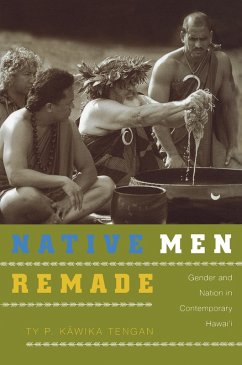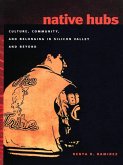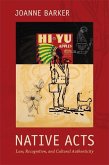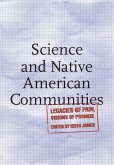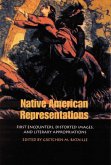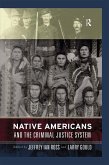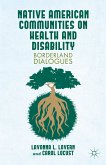Many indigenous Hawaiian men have felt profoundly disempowered by the legacies of colonization and by the tourist industry, which, in addition to occupying a great deal of land, promotes a feminized image of Native Hawaiians (evident in the ubiquitous figure of the dancing hula girl). In the 1990s a group of Native men on the island of Maui responded by refashioning and reasserting their masculine identities in a group called the Hale Mua (the "e;Men's House"e;). As a member and an ethnographer, Ty P. Kawika Tengan analyzes how the group's mostly middle-aged, middle-class, and mixed-race members assert a warrior masculinity through practices including martial arts, woodcarving, and cultural ceremonies. Some of their practices are heavily influenced by or borrowed from other indigenous Polynesian traditions, including those of the Maori. The men of the Hale Mua enact their refashioned identities as they participate in temple rites, protest marches, public lectures, and cultural fairs.The sharing of personal stories is an integral part of Hale Mua fellowship, and Tengan's account is filled with members' first-person narratives. At the same time, Tengan explains how Hale Mua rituals and practices connect to broader projects of cultural revitalization and Hawaiian nationalism. He brings to light the tensions that mark the group's efforts to reclaim indigenous masculinity as they arise in debates over nineteenth-century historical source materials and during political and cultural gatherings held in spaces designated as tourist sites. He explores class status anxieties expressed through the sharing of individual life stories, critiques of the Hale Mua registered by Hawaiian women, and challenges the group received in dialogues with other indigenous Polynesians. Native Men Remade is the fascinating story of how gender, culture, class, and personality intersect as a group of indigenous Hawaiian men work to overcome the dislocations of colonial history.
Dieser Download kann aus rechtlichen Gründen nur mit Rechnungsadresse in A, B, BG, CY, CZ, D, DK, EW, E, FIN, F, GR, HR, H, IRL, I, LT, L, LR, M, NL, PL, P, R, S, SLO, SK ausgeliefert werden.
Hinweis: Dieser Artikel kann nur an eine deutsche Lieferadresse ausgeliefert werden.

